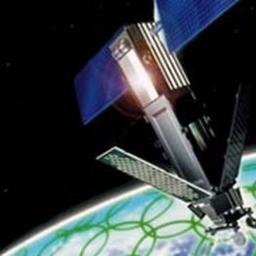Low earth orbit Is getting crowded and no one is directing traffic
 Companies around the globe are launching an increasing number of satellites, crowding Earth's orbit in an effort to satisfy the ravenous on-demand desire for more broadband, satellite television and communications, but there's nobody directing the traffic. Although the Pentagon tracks objects orbiting the globe and warns of close approaches, some members of Congress say a civilian agency, such as the Federal Aviation Administration, should be made responsible for managing satellite traffic.
Companies around the globe are launching an increasing number of satellites, crowding Earth's orbit in an effort to satisfy the ravenous on-demand desire for more broadband, satellite television and communications, but there's nobody directing the traffic. Although the Pentagon tracks objects orbiting the globe and warns of close approaches, some members of Congress say a civilian agency, such as the Federal Aviation Administration, should be made responsible for managing satellite traffic.There have only been three relatively minor collisions from space junk in the last 20 years, and only once have two intact satellites crashed into one another by accident. The problem is expected to get worse as more companies scramble to expand their fleets of satellites. For example, Boeing filed an application last month with the FCC that would allow it to send up nearly 3,000 satellites for broadband services.
In an effort to help manage the rapid expansion of satellites, Rep. Jim Bridenstine (R-Okla.) has introduced legislation that would give the FAA authority to monitor objects in space and play the role of traffic cop. "As space becomes more congested and contested and competitive, there needs to be an agency with unambiguous authority that can compel somebody to maneuver," Bridenstine said. Douglas Loverro, the deputy assistant secretary of defense for space policy, agrees: "It's clear that we're going to need a way to regulate that traffic just as we have a way to regulate air traffic," he said.